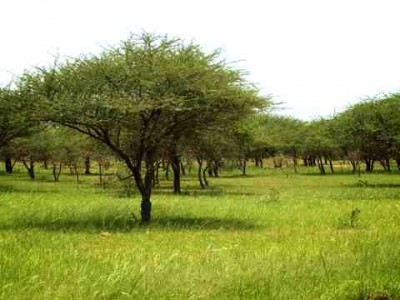
1 Desertification is stopped
Our forests form a green buffer zone. The trees, shrubs, grasses and herbs reduce wind and water erosion of the soil , and the trees provide shadow, protecting the soils against drying out.
We have successfully developed a sustainable reforestation project in Burkina Faso from 2007 to 2017. This project is now continued by a local organisation, as we are starting up in our next country: Senegal.
Read about the range of positive impacts that are realized:

Our forests form a green buffer zone. The trees, shrubs, grasses and herbs reduce wind and water erosion of the soil , and the trees provide shadow, protecting the soils against drying out.
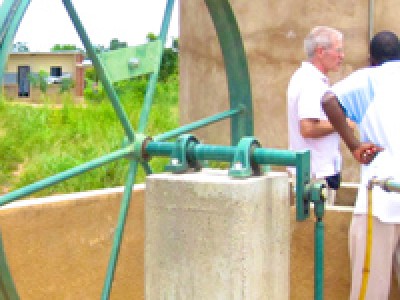
The vegetation improves soil permeability resulting in more rainwater infiltration and less runoff. This enhances vegetation growth again improving soil permeability. This cycle of better captation of rain water reduces the need of irrigation which typically is taken out of the fossil water layers, safeguarding this fossil water for future generations.
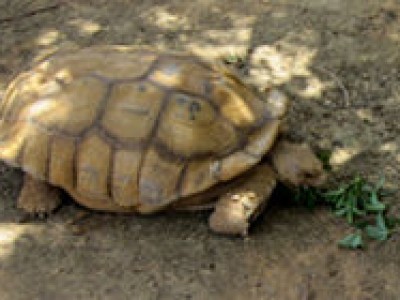
The biodiversity increases enormously. Both in flora and fauna: ants, termites, birds, the Sulcata tortoise (a threatened animal), rabbits, hares, other small rodents... Even the wild cat and the hyena, not seen for a long time, return to their original habitat.
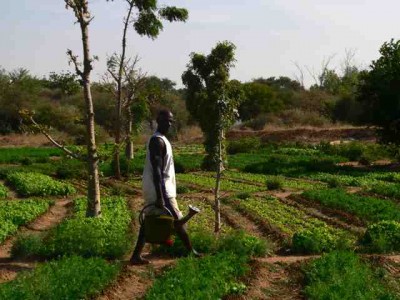
Agriculture is made possible thanks to the lower temperatures in the forest, the improved water management and the enhanced fertility of the soil. This agriculture provides more food, which also reduces conflicts between farmers and nomads. The cows have enough grasses to graze on, preventing them from damaging the crop fields.
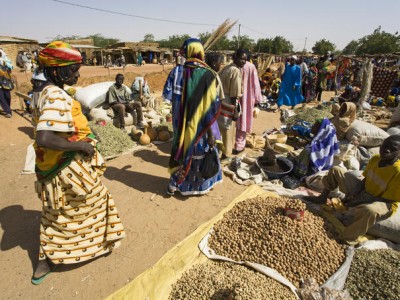
Vegetables, fruit and herbs are sold on the local markets. Cattle yields more meat And the production of honey, gum etc, as well as the refinement of forest products leads to a higher family budget.
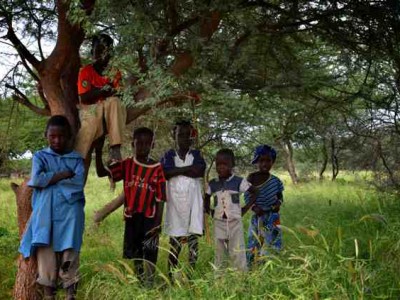
Thanks to the higher living standards, mothers can afford the school money for their children. The vicious circle is broken: the younger generation can build their own future.
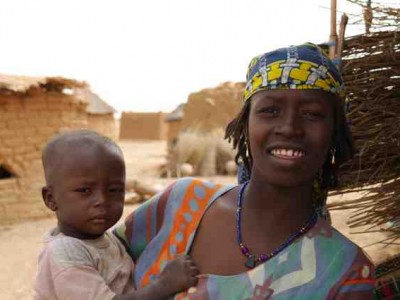
The labor on the land is greatly depending on women. Women are paid for harvesting the seed mix. They can support their families with it. Thanks to this financial independence, women get a bigger voice in the village. There are even indications that there is a decreasing influence on the birth rate.